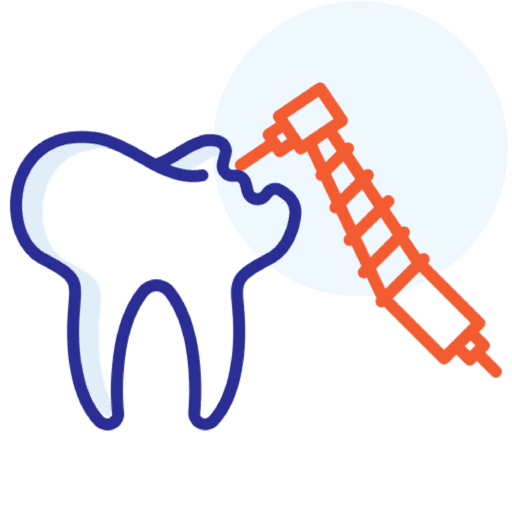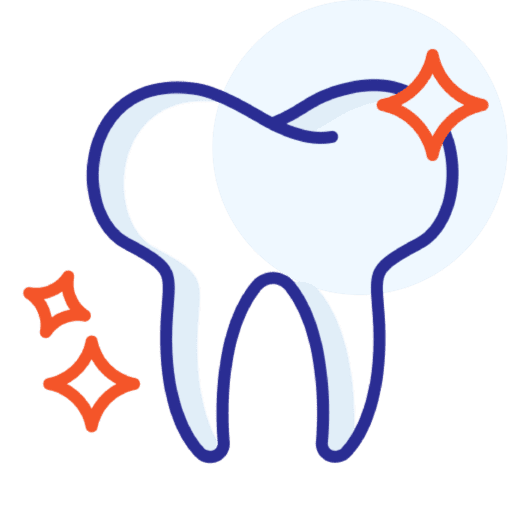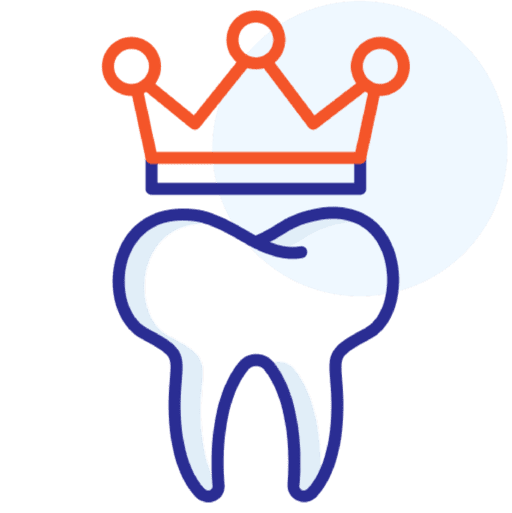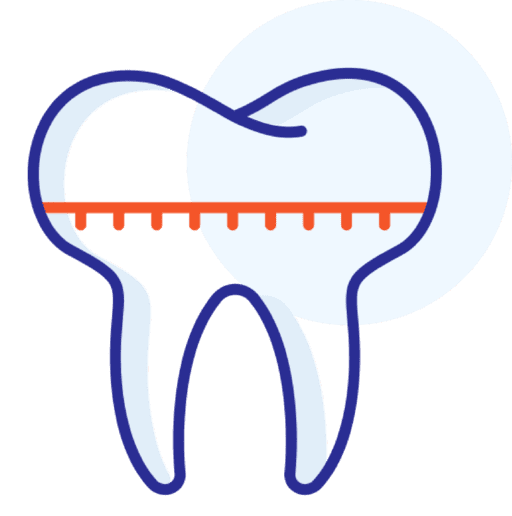Root Canals
A root canal is a dental treatment that saves and repairs an infected tooth. If your tooth becomes critically infected from the inside, one of the accomplished dentists takes out the bacteria and any dead or dying tissue. In doing so, they are able to save your tooth and soothe your pain. Visit Loveland Dental Group in High Point, Cornelius, Concord, Winston-Salem and Mooresville, North Carolina and Fort Mill, South Carolina, for root canal treatments. Call the practice or book an appointment online today.
Root Canals
Q&A
What leads to an infection in the tooth root?
Tissue and roots inside of your teeth can get infected with bacteria due to injury to the tooth or from a cavity that remains untreated for too long. If you don’t get to a dentist in time, the infected tissue can reach the pulp or root of your tooth. This can cause a host of other problems if the infection spreads any further, so be sure to seek treatment.
What does an infected tooth look and feel like?
An infected tooth can cause pain very quickly, particularly if you don’t address it soon enough. Infected tooth symptoms might include:
- Inflamed gums
- Tooth soreness, especially when chewing
- Acute tooth sensitivity to cold and hot temperatures
- Smelly, bad breath
- Pus coming from around the tooth
- Painful aching in your mouth or jaw
- The darkening color of the tooth
- A bump on your gum like a small pimple
How does a root canal work?
An experienced dentist can typically mend your tooth in one or two appointments. First, it may be necessary to take an X-ray to determine the degree of harm to the tooth requiring the root canal.
At your appointment, one of the dentists uses a needle to numb the area with a local anesthetic. If needed, they place a dental dam, or a small film of rubber, on your tooth to keep it hygienic and shielded while the procedure is happening. After your tooth gets numbed, the dentist makes a small incision in your tooth to reach the infection inside the root.
Next, your dentist uses small files to remove the damaged and diseased pulp and irrigates the area with water to wash away any debris. After all diseased matter is gone, your dentist either seals the tooth or inserts a non-permanent filling to shield the tooth until you return for a permanent crown.
Book a consultation online or call Loveland Dental Group if you show even a minor symptom or sign of tooth infection. It could be more serious than you think.







